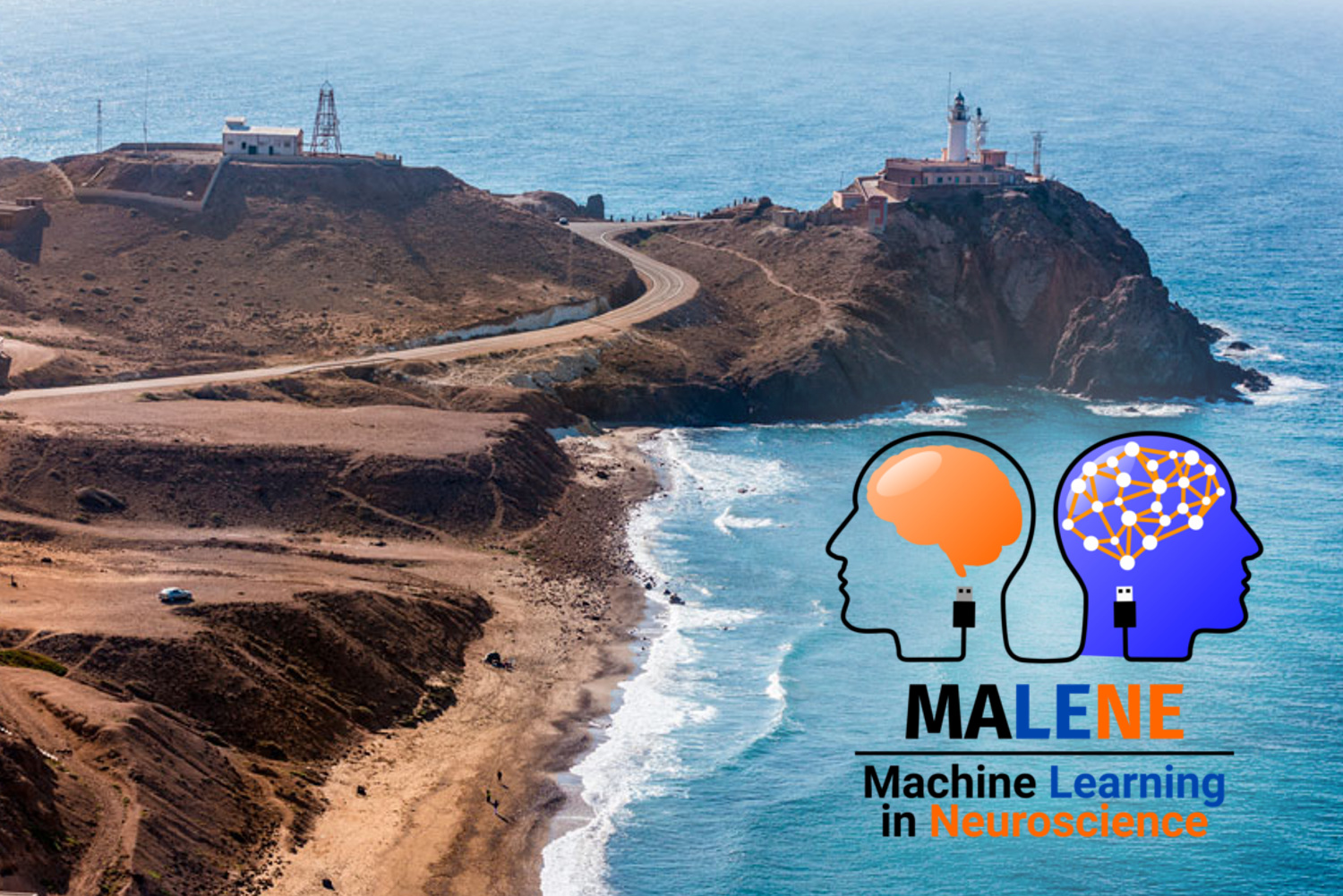
Malene 2019 (8th IWINAC conference in Almeria, Spain)
Nowadays, machine learning holds great promise in the development of new models and theories in the field of Neuroscience, in conjunction with classical statistical hypothesis testing. Machine learning algorithms have the potential to reveal interactions, hidden patterns of abnormal activity, brain structure and connectivity and physiological mechanisms of brain and behavior. In addition, several approaches for testing the significance of the machine learning outcomes have been successfully proposed to avoid “the dangers of spurious findings or explanations void of mechanism” by means of proper replication, validation, and hypothesis-driven confirmation.
Therefore, machine learning can effectively provide relevant information to take great strides toward understanding how the brain works. The main goal of the workshop is to build a bridge between two scientific communities, the machine learning community, including lead scientists in deep learning and related areas within pattern recognition and artificial intelligence, and the neuroscience community.
Researchers are invited to present their recently developed advances, as well as work in a preliminary state, and to showcase their recent innovations and models to provide a new vision, perspective and insight in neuroscience in order to gain a deeper understanding of the neural system. The computational principles of intelligence and data science and their application to neuroscience will be the focus of the workshop including the following list of topics of interest under this interdisciplinary scenario:
- Cognitive science
- Computational neuroscience and intelligence
- Probabilistic modeling and inference
- Computational Vision based models
- Computational Linguistics
- Connectivity Analysis
- Machine Learning in Diagnosis
- Artificial Neural Networks and DeepL Models
- Statistical Learning Theory
- Computer Vision applications
- Dementia and Neurodegeneration
- Dynamic Causal Modeling and Graphical models